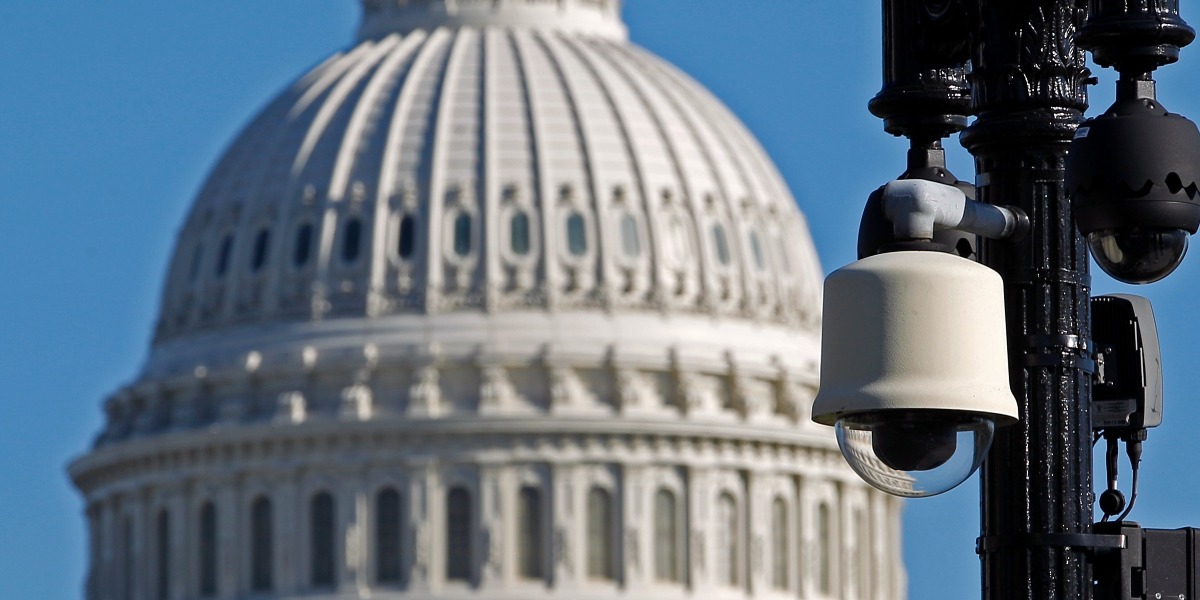President Trump signed a stopgap funding bill Monday evening to re-open the government while lawmakers continue to hammer out a deal on longer-term spending and immigration policy.
Videos by Rare
Though furloughed federal workers are no doubt rejoicing at this development, a bipartisan pair of senators are raising the alarm about an unusual provision added to the stopgap measure at the White House’s request. As Sens. Richard Burr (R-N.C.) and Mark Warner (D-Va.), both members of the Senate Intelligence Committee, have noticed, the bill includes a provision that permits spying agencies to spend money without congressional permission.
“This language could erode the powers of the authorizing committee,” said Burr. “Effectively, the intelligence community could expend funds as it sees fit.”
“If this exemption is granted, you could potentially have an administration — any administration — go off and take on covert activities, for example, with no ability for our committee, which spends the time and has oversight, to say ‘time out,’ or to say we actually disagree with that policy,” Warner likewise said. “So I’ve been very disturbed about the whole process.”
Unfortunately, Burr and Warner were not able to persuade the rest of Congress to be similarly disturbed: the legislation Trump signed had this troubling measure intact. Then, the White House, the Pentagon and the Office of Management and Budget all refused to answer questions from The Wall Street Journal about why the administration wanted the provision included.
RELATED: Trump just endorsed increasing the kind of warrantless mass surveillance he believes happened to him
That this change came from the White House makes it particularly concerning — and I say that not about the Trump administration specifically. Warner is right to take the long view here, because congressional power of the purse is one of the few constitutional checks on executive overreach that remain remain at least semi-functional.
Given what we know about federal abuse of surveillance capabilities, often on a mass scale and in clear contradiction of the Bill of Rights’ protections of our privacy and due process rights, the risk inherent in giving federal snoops this unfettered spending power should be evident. The last thing Washington’s surveillance apparatus needs is less accountability to Congress and the public.
Right now, this change is only valid for the three-week length of the temporary funding bill, so Burr and Warner are working to ensure it isn’t made permanent in the real deal. “We want to make sure we don’t give a blank check to any administration, particularly this administration,” Warner said. “We need to get it fixed.”



